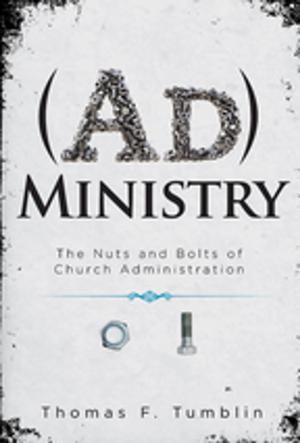70 Hebrew Words Every Christian Should Know
Nonfiction, Religion & Spirituality, Bible & Bible Studies, Language Studies, Study, Old Testament| Author: | Matthew Richard Schlimm | ISBN: | 9781426799976 |
| Publisher: | Abingdon Press | Publication: | July 17, 2018 |
| Imprint: | Abingdon Press | Language: | English |
| Author: | Matthew Richard Schlimm |
| ISBN: | 9781426799976 |
| Publisher: | Abingdon Press |
| Publication: | July 17, 2018 |
| Imprint: | Abingdon Press |
| Language: | English |
The basic message of the Bible can be understood in any language. At the same time, many biblical texts are hard to understand because they don’t quite make sense when translated into English. Something is missing. Quite frequently, what readers miss has been lost in translation. Maybe there is a pun or wordplay in the original. Sometimes names like Adam, Eve, Cain, Abel, and Eden just seem like names to us but have meanings that are essential to the story. Many Hebrew words have multiple meanings, but the English translators have to just pick one (for example, the same Hebrew word can mean both hear and obey). Even more common are Hebrew words that have much wider meanings than their English translations. A few examples are the Hebrew words rendered as remember, covenant, walk, gates, love, cleanliness, holiness, glory, wisdom, and fear. The original language allows various parts to click together like well-constructed puzzle pieces. With Hebrew in mind, interpreters see new details they didn’t realize were missing before. They make new connections. They immerse themselves in scripture more fully.
That’s where this book comes in. Learning a language is like learning a worldview. Those who learn biblical Hebrew can better understand not only what biblical authors wrote, but also how they thought. Unfortunately, those insights come only after years of study. This book is about getting right to the important, exciting insights. It’s an opportunity to be transformed by the renewing of our minds as we better understand how biblical authors used their language to express their experience of God and the world.
If you are just beginning to study Hebrew and want the insights and motivation to continue or if you have no intention of learning biblical Hebrew but want to better understand the Bible, this book is for you!
The basic message of the Bible can be understood in any language. At the same time, many biblical texts are hard to understand because they don’t quite make sense when translated into English. Something is missing. Quite frequently, what readers miss has been lost in translation. Maybe there is a pun or wordplay in the original. Sometimes names like Adam, Eve, Cain, Abel, and Eden just seem like names to us but have meanings that are essential to the story. Many Hebrew words have multiple meanings, but the English translators have to just pick one (for example, the same Hebrew word can mean both hear and obey). Even more common are Hebrew words that have much wider meanings than their English translations. A few examples are the Hebrew words rendered as remember, covenant, walk, gates, love, cleanliness, holiness, glory, wisdom, and fear. The original language allows various parts to click together like well-constructed puzzle pieces. With Hebrew in mind, interpreters see new details they didn’t realize were missing before. They make new connections. They immerse themselves in scripture more fully.
That’s where this book comes in. Learning a language is like learning a worldview. Those who learn biblical Hebrew can better understand not only what biblical authors wrote, but also how they thought. Unfortunately, those insights come only after years of study. This book is about getting right to the important, exciting insights. It’s an opportunity to be transformed by the renewing of our minds as we better understand how biblical authors used their language to express their experience of God and the world.
If you are just beginning to study Hebrew and want the insights and motivation to continue or if you have no intention of learning biblical Hebrew but want to better understand the Bible, this book is for you!
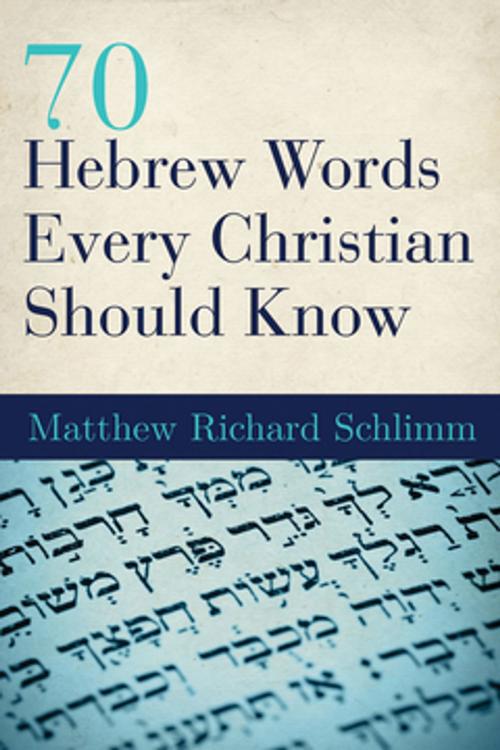
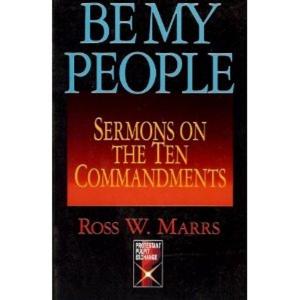
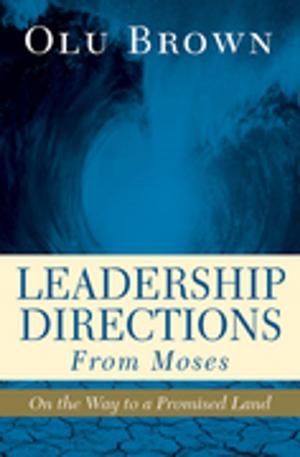

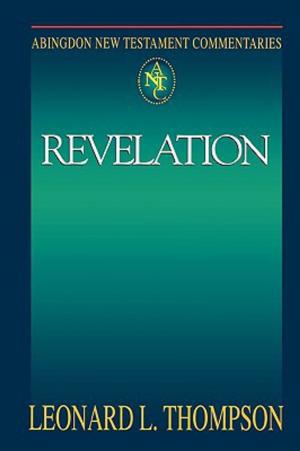



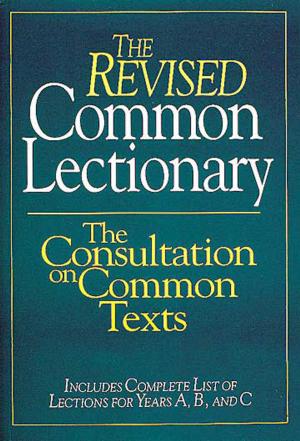
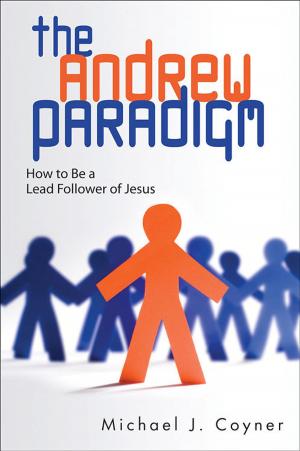
![Cover of the book Underdogs and Outsiders [Large Print] by Matthew Richard Schlimm](https://www.kuoky.com/images/2016/september/300x300/9781501824296-Eepc_300x.jpg)

